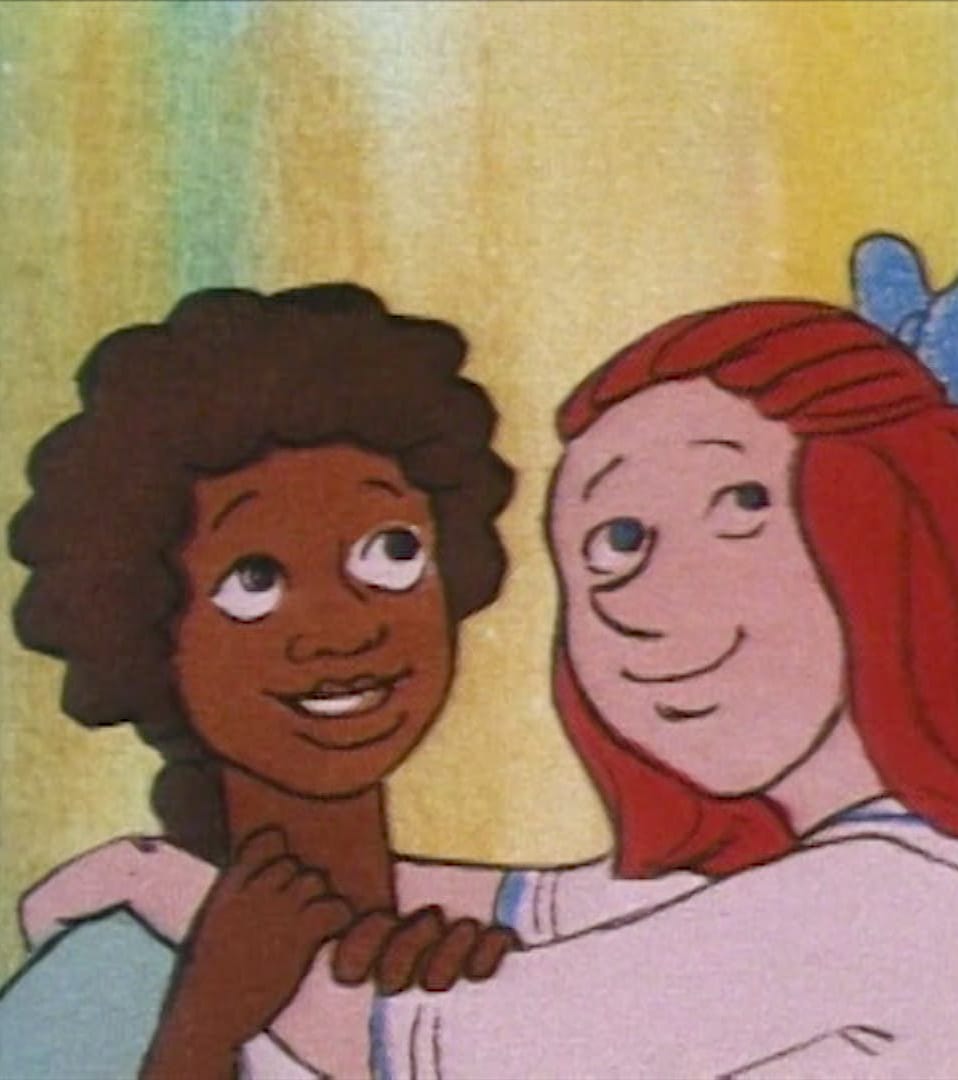RELATED ARTICLE
The Sprightly Civil Servant: Norman McLaren at the National Film Board of Canada
The Criterion Collection

There’s an entire realm of children’s entertainment that survives mostly on the margins of collective consciousness. The average person is unlikely to know Michael Sporn’s name, but if they are of a certain age, they almost certainly have seen at least one of his animated short films, and there’s even a chance they still hold such a film close to their heart. Of the more than forty shorts Sporn directed in his four decades as an animator, little more than a dozen are currently available on legal streaming services in the U.S. And in a time of an overwhelming number of choices for “content,” quiet works like this are unlikely to stand out. These films were made for public or specialty television, to be caught on a lazy morning or endlessly rewatched on a VHS your parents bought you without much thought. They demonstrate a sensibility of art for children that’s nearly alien in the modern age, one that takes both the “for children” and “art” parts seriously.
Sporn entered the business in the early seventies, a bleak time for American animation. The golden age passed as television supplanted theaters as the main venue for animated shorts. The original Looney Tunes series had recently ceased production. Walt Disney was dead, and his studio was floundering; it would be decades before cunning merchandising and a back-to-basics approach returned the company to the top of the game. It was in this climate that a young Sporn, about to leave the Navy, sent an inquiring letter to legendary Disney animator Ward Kimball and got a response advising him to “go into something more lucrative, like dairy farming.” Ignoring this, Sporn went to work for former Disney and UPA artist John Hubley (known for creating Mr. Magoo and acting as supervising director on the seminal 1950 short Gerald McBoing-Boing). He built his chops working on films like Richard Williams’s Raggedy Ann & Andy and A Doonesbury Special, ultimately founding his own studio, Michael Sporn Animation, in 1980. From then until his death in 2014, Sporn would work with Scholastic, various PBS stations, HBO, and many other partners to produce a variety of animated shorts.
Even people who aren’t familiar with Sporn might feel nostalgic when reading descriptions of his work. In the Oscar-nominated Doctor DeSoto, a mouse dentist must figure out how to treat a fox patient without getting eaten. In Mike Mulligan and His Steam Shovel, the eponymous workman tries to prove his old-fashioned coal-powered excavator still has what it takes by digging an enormous cellar in a single day. The Man Who Walked Between the Towers tells the true story of Philippe Petit’s 1974 high-wire walk between the towers of the World Trade Center. Sporn adapted many of these shorts from children’s books as part of anthologies like HBO Storybook Musicals or for specialty production houses like Weston Woods.
